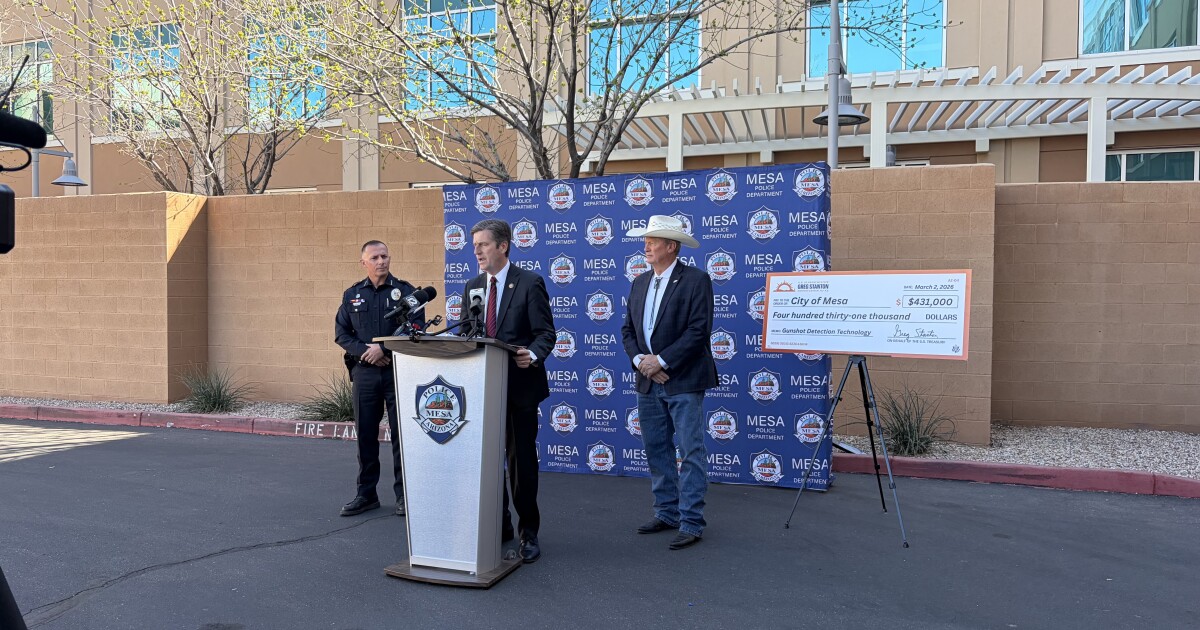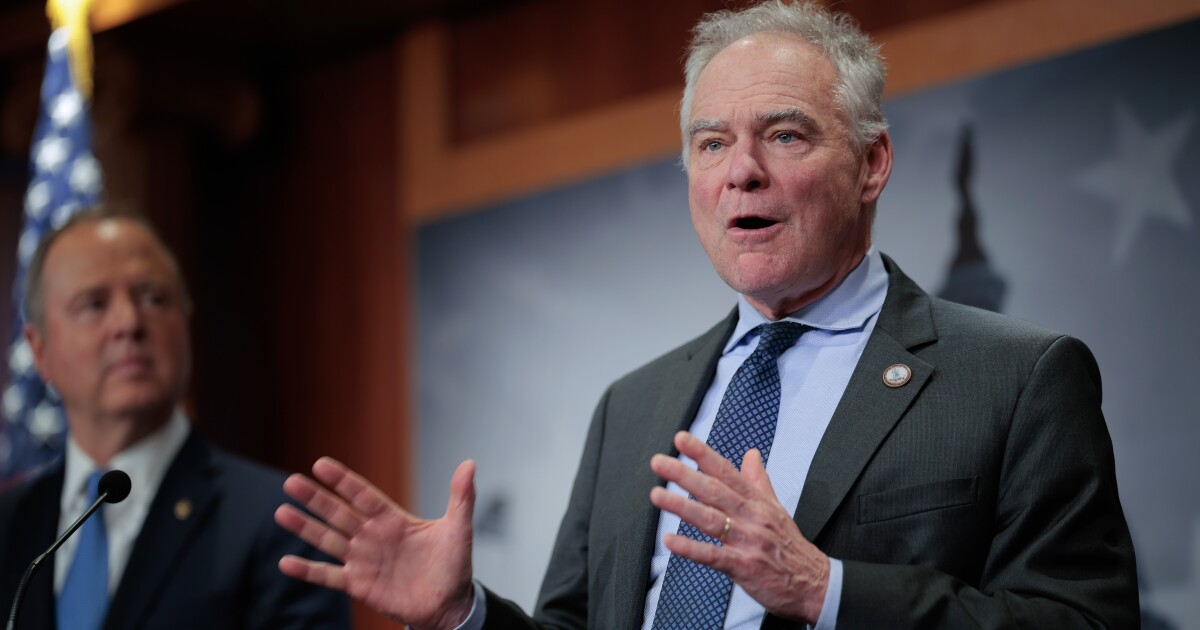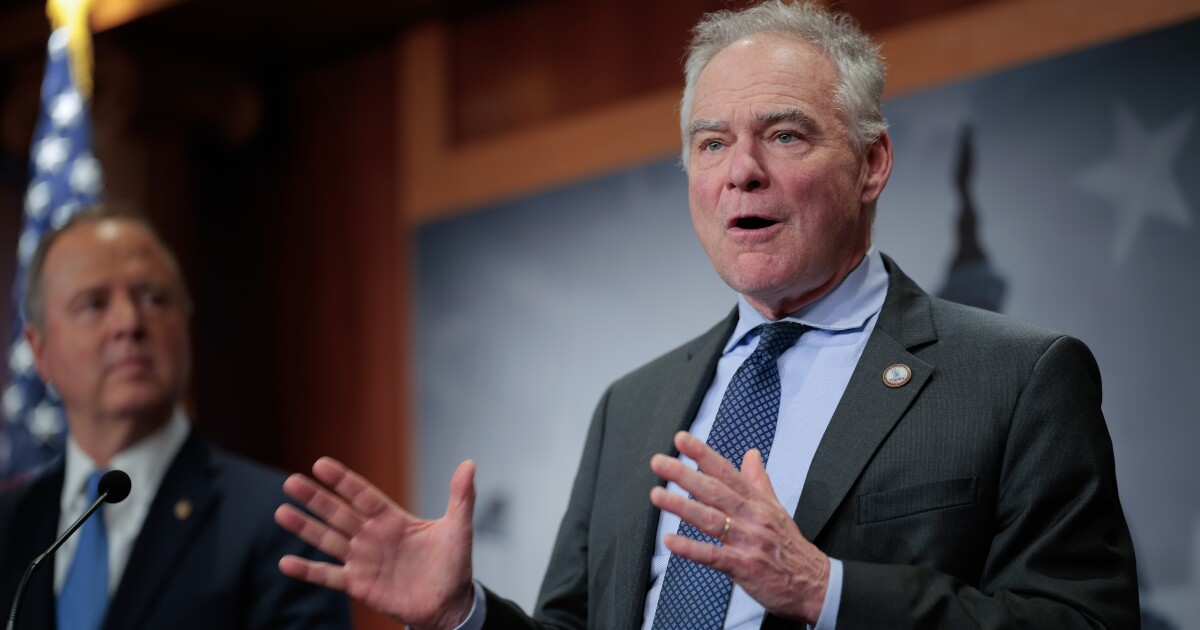Amid escalating tensions between Michigan state officials and a contractor, the launch of a new political transparency portal has faced significant delays. This development, as revealed through emails obtained by Bridge Michigan, underscores the complexities involved in building state-of-the-art online systems.
The Michigan Transparency Network is intended to serve as a comprehensive platform for accessing campaign finance, lobbying, and personal financial disclosures. Despite its promise to enhance public insight into political ethics, the project has encountered numerous obstacles.
Tyler Technologies, the sole qualified bidder for the $9 million contract, has struggled to meet project objectives set forth by Secretary of State Jocelyn Benson. The emails reveal ongoing frustrations from state officials, who have criticized the delays and errors as “unacceptable.”
While the redesigned system promises an improved experience for users, it still lacks the functionality of its older counterpart. The new search features for campaign finance and lobbyist data remain less comprehensive than previous versions.
“We remain committed to the successful implementation of this project,” the company stated to Bridge Michigan. “We continue to work closely with the Michigan Bureau of Elections to meet the contract deliverables.”
Despite ongoing efforts, Tyler Technologies has continued its work without financial compensation from the state, following legislative efforts to shift IT oversight away from Benson’s department.
Project Delays and Frustrations
Originally slated for a December 2024 launch, the portal’s release has been repeatedly postponed due to issues in transitioning from an outdated system. Payment to Tyler Technologies was halted in mid-May, and has yet to resume.
In December, a training session was canceled due to numerous errors, highlighting the project’s unpreparedness. “The lack of preparedness of the product and staff is deeply concerning considering we are so close to launch,” wrote Bob Burns, head of the public disclosures division, in an email to Tyler staff.
Public release dates were pushed back multiple times, with internal emails expressing frustration over “unacceptable” delays. Burns suggested imposing financial penalties should deadlines continue to be missed.
Tyler Technologies attributed some delays to the Bureau of Elections’ slow responses during data migration. “This is impacting the timeline since this is blocking migration efforts,” noted Tyler’s Kristin Carpenter. State officials, however, argued against halting progress entirely.
“Tyler provided an unacceptable short deadline (eight-hour deadline) and unacceptable solutions,” Burns commented. “Every issue cannot lead to a delay of the entire project.”
As the April campaign finance deadline approached, unresolved issues remained, prompting a survey on “project closure” despite numerous outstanding tasks.
Challenges with Financial Disclosures
The creation of a personal financial disclosure system, mandated by a 2022 constitutional amendment, also faced hurdles. By early April, the state believed the system was ready. However, unresolved software issues became apparent later that month, impeding officials from filing new reports or updating information.
“We are being asked daily when they will be fixed, so we need a timeline to fix immediately,” Burns urged Tyler employees.
The system’s difficulties led to legislative action in May, extending the filing deadline and allowing submissions via email, bypassing the problematic system.
A week later, Benson’s department announced it would withhold payments to Tyler Technologies until the issues were resolved, a stance that remains unchanged six months later.
IT Oversight and Legislative Actions
In light of these challenges, legislators included a directive in the 2026 budget to transfer IT oversight from Benson’s department to the Department of Technology, Management, and Budget (DTMB). However, this has not yet resulted in significant changes.
The Department of State maintains that the directive aligns with current practices. “We closely collaborate with DTMB on all aspects of IT projects,” spokesperson Angela Benander stated. “We are always working to improve and strengthen that collaboration wherever possible.”
State Rep. Ann Bollin criticized the department’s interpretation of the directive, noting that it was intended to enforce a change in oversight. “It’s just typical that the department’s response is not factual,” Bollin remarked. She has not received any communication from the governor’s staff indicating that the provision is unenforceable.
___
This story was originally published by Bridge Michigan and distributed through a partnership with The Associated Press.
—
Read More Michigan News










